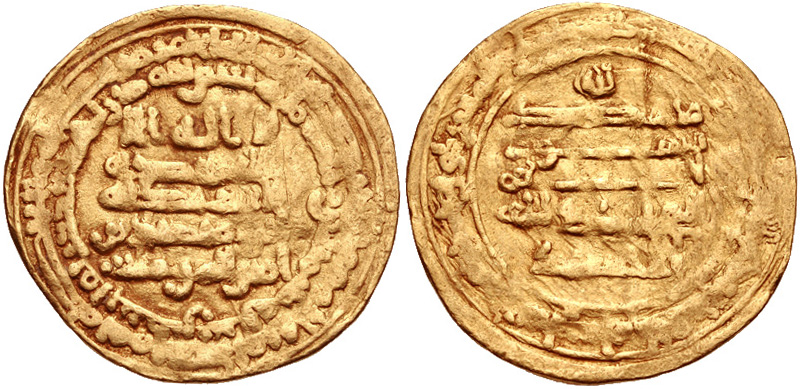|
Abd Al-Malik Ibn Rifa'a Al-Fahmi
Abd al-Malik ibn Rifa'a al-Fahmi () was the governor of Egypt for the Umayyad Caliphate in 715–717 and 727. Abd al-Malik was a member of the Arab settler community in Egypt. In 710, he succeeded his uncle at the post of head of security (''sahib al-shurta'') for the governor Qurra ibn Sharik al-Absi. When Qurra died in office in 715, he was promoted in his stead, the first governor chosen from the local Arabs after several decades where the post had been filled by various grandees of the Umayyad family and their court. His period of office was a continuation of Qurra's, and according to the Coptic sources was marked by increasing fiscal oppression, combined with the efforts of the government to clamp down on avoidance of taxation and corvée Corvée () is a form of unpaid, forced labour, that is intermittent in nature lasting for limited periods of time: typically for only a certain number of days' work each year. Statute labour is a corvée imposed by a state for the purp ... [...More Info...] [...Related Items...] OR: [Wikipedia] [Google] [Baidu] |
List Of Rulers Of Islamic Egypt
Governors of Arab Egypt (640–1250) and Mamluk Egypt (1250–1517). For other periods, see the list of rulers of Egypt. Rashidun Caliphate (640–658) Umayyad Caliphate (659–750) Dates taken from John Stewart's ''African States and Rulers'' (2005). Abbasid Caliphate (750–969) Governors during the first Abbasid period (750–868) Dates taken from John Stewart's ''African States and Rulers'' (2005). Autonomous emirs of the Tulunid dynasty (868–905) Dates taken from John Stewart's ''African States and Rulers'' (2005). Governors during the second Abbasid period (905–935) Dates taken from John Stewart's ''African States and Rulers'' (2005). Autonomous emirs of the Ikhshidid dynasty (935–969) Dates taken from John Stewart's ''African States and Rulers'' (2005). Fatimid Dynasty (969–1171) Dates for Caliphs taken from John Stewart's ''African States and Rulers'' (2005). Ayyubid Sultanate (1171–1252) Dates taken from John Stewart's ''African States a ... [...More Info...] [...Related Items...] OR: [Wikipedia] [Google] [Baidu] |
Sahib Al-shurta
''Shurṭa'' ( ar, شرطة) is the common Arabic term for police, although its precise meaning is that of a "picked" or elite force. Bodies termed ''shurṭa'' were established in the early days of the Caliphate, perhaps as early as the caliphate of Uthman (644–656). In the Umayyad and Abbasid Caliphates, the ''shurṭa'' had considerable power, and its head, the ''ṣāḥib al-shurṭa'' ( ar, صاحب الشرطة), was an important official, whether at the provincial level or in the central government. The duties of the ''shurṭa'' varied with time and place: it was primarily a police and internal security force and also had judicial functions, but it could also be entrusted with suppressing brigandage, enforcing the '' ḥisbah'', customs and tax duties, rubbish collection, acting as a bodyguard for governors, etc. In the Abbasid East, the chief of police also supervised the prison system. From the 10th century, the importance of the ''shurṭa'' declined, along with the po ... [...More Info...] [...Related Items...] OR: [Wikipedia] [Google] [Baidu] |
Umayyad Governors Of Egypt
The Umayyad Caliphate (661–750 CE; , ; ar, ٱلْخِلَافَة ٱلْأُمَوِيَّة, al-Khilāfah al-ʾUmawīyah) was the second of the four major caliphates established after the death of Muhammad. The caliphate was ruled by the Umayyad dynasty ( ar, ٱلْأُمَوِيُّون, ''al-ʾUmawīyūn'', or , ''Banū ʾUmayyah'', "Sons of Umayyah"). Uthman ibn Affan (r. 644–656), the third of the Rashidun caliphs, was also a member of the clan. The family established dynastic, hereditary rule with Muawiya ibn Abi Sufyan, long-time governor of Greater Syria, who became the sixth caliph after the end of the First Fitna in 661. After Mu'awiyah's death in 680, conflicts over the succession resulted in the Second Fitna, and power eventually fell into the hands of Marwan I from another branch of the clan. Greater Syria remained the Umayyads' main power base thereafter, with Damascus serving as their capital. The Umayyads continued the Muslim conquests, incorporatin ... [...More Info...] [...Related Items...] OR: [Wikipedia] [Google] [Baidu] |
